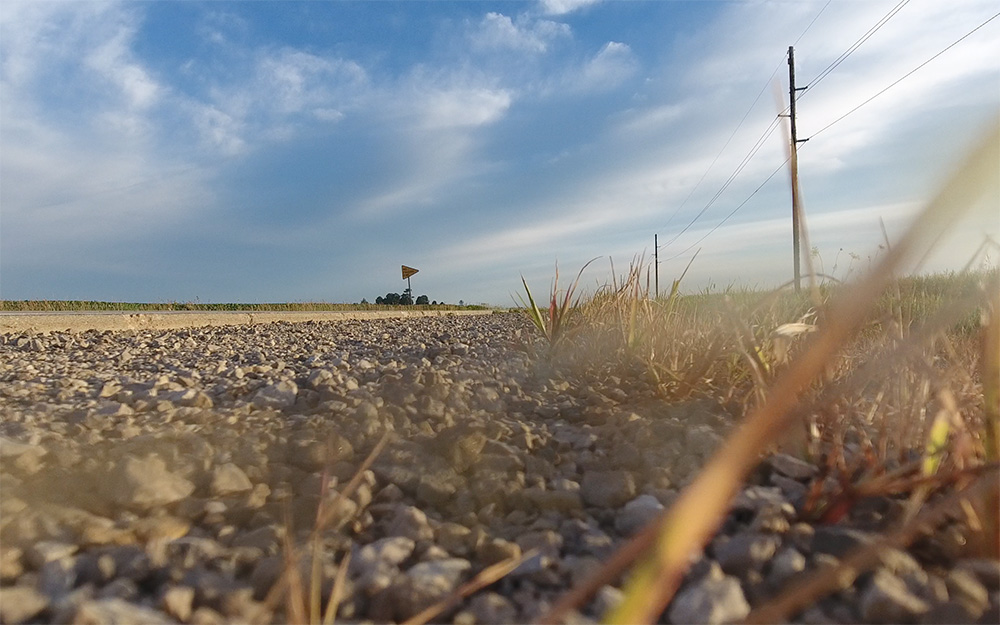I once heard someone say, ‘You don’t have to farm with all the latest technology, you just have to compete with those who do.’ Another twist to that statement is, ‘You don’t have to have a farm continuation plan, your farming heir just has to compete with those who do.’ Let’s compare two different farming situations and assume that both farms have 600 acres and three children. Let’s also assume that one of those three children from each farm is farming.
Farm “A”
This farm does not have an estate plan that proactively addresses farm continuation. What I mean by that is that they may have a will and it may have trust provisions but nothing specifically to distribute the farm. Their plan distributes everything equally to the three children. What could go wrong with this plan?
When Mom and Dad pass away with “Farm A”, the farming heir will have to worry about purchasing the ground from their siblings at fair market value. In today’s numbers, that may be buying out 400 acres at $10,000 per acre, or $4 million total. Even though the farming heir also inherited 200 acres, the loan payment for purchasing the 400 acres spread over all 600 acres will be $533 per acre for 20 years after his parents’ death.
If his siblings don’t sell, he may have to negotiate rent with his siblings each year. The rent may no longer be the favorable rent from his parents, but rather the unfavorable rent that has the influence of in-laws that he never liked. That is a sweet thought! It is likely he will be in a very poor position to purchase additional farm ground the rest of his life and will be lucky just to keep together what he has.
The problems will multiply if “Farm A” continues another generation because now we add cousins, nieces, nephews, aunts and uncles to the game. If three people have a hard time agreeing what are the chances that 15 people get along?
Farm “B”
This farm has a farm continuation plan in place with their legal documents, ownership and financial documents all coordinated. The valuation method for the land is clear and how the buyout will be funded is guaranteed. In this situation because their health was ok life insurance was used. Yes, that’s right, the dreaded life insurance that nobody likes. Premiums are never fun but can be very effective with proper planning and the proper type of insurance. Now look at the difference. When Dad and Mom pass away, this farming heir knows what his situation is and has 600 acres of land paid for. He will also be in a great position to buy more farm land in the future and a lender will love to work with this guy in the future.
The farming son on “Farm B” recognizes at the opportunity his parents are giving him and decides to fund the buyout so everything is paid for when his parents pass away. He realizes that his parents are willing to give him a break on rent and are charging him $200/acre for rent when they could be getting over $300 if rented to the highest bidder. If he had to buy the land and get a loan his loan payments would be over $500/acre. He insures the purchase cost with life insurance for $70 per acre so he would have a total cost of $270/ acre. Heck of a deal right? I would buy farms all day long if I had that opportunity. Now many farm families can do something like this but only a few do. The key is proper ideas, and communication, proper legal documents and proper financial products that are all coordinated together.
“Farm A” struggles to make a decision, and as a result leaves it to everyone without instructions. Plus the farming heir is not willing to pay for a future buyout or equalization. As a result nothing gets done. It is often a significant challenge working with families that contact us after their parents have passed away. Needless to say there is tension and the cost is very high to the farming heirs, even if the non- farming heirs feel like they are conceding something. This could be referred to as a lose-lose scenario. I can also tell you that when the 80 acres across the road comes for sale, “Farm A” will not be buying it. “Farm B” will be buying it.
For farm continuation I guess the saying is true. You don’t have to plan, you just have to compete with those who do.

